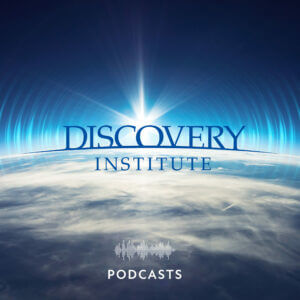Ricochet is the best place on the internet to discuss the issues of the day, either through commenting on posts or writing your own for our active and dynamic community in a fully moderated environment. In addition, the Ricochet Audio Network offers over 50 original podcasts with new episodes released every day.
On this ID the Future from the archive, intelligent design pioneer William Dembski unpacks one of his chapters in The Comprehensive Guide to Science and Faith: Exploring the Ultimate Questions about Life and the Cosmos, which Dembski co-edited with Joseph Holden and episode host Casey Luskin. Dembski discusses why intelligent design better explains the latest scientific evidence better than blind material processes can. He also talks about ID’s cultural implications.







